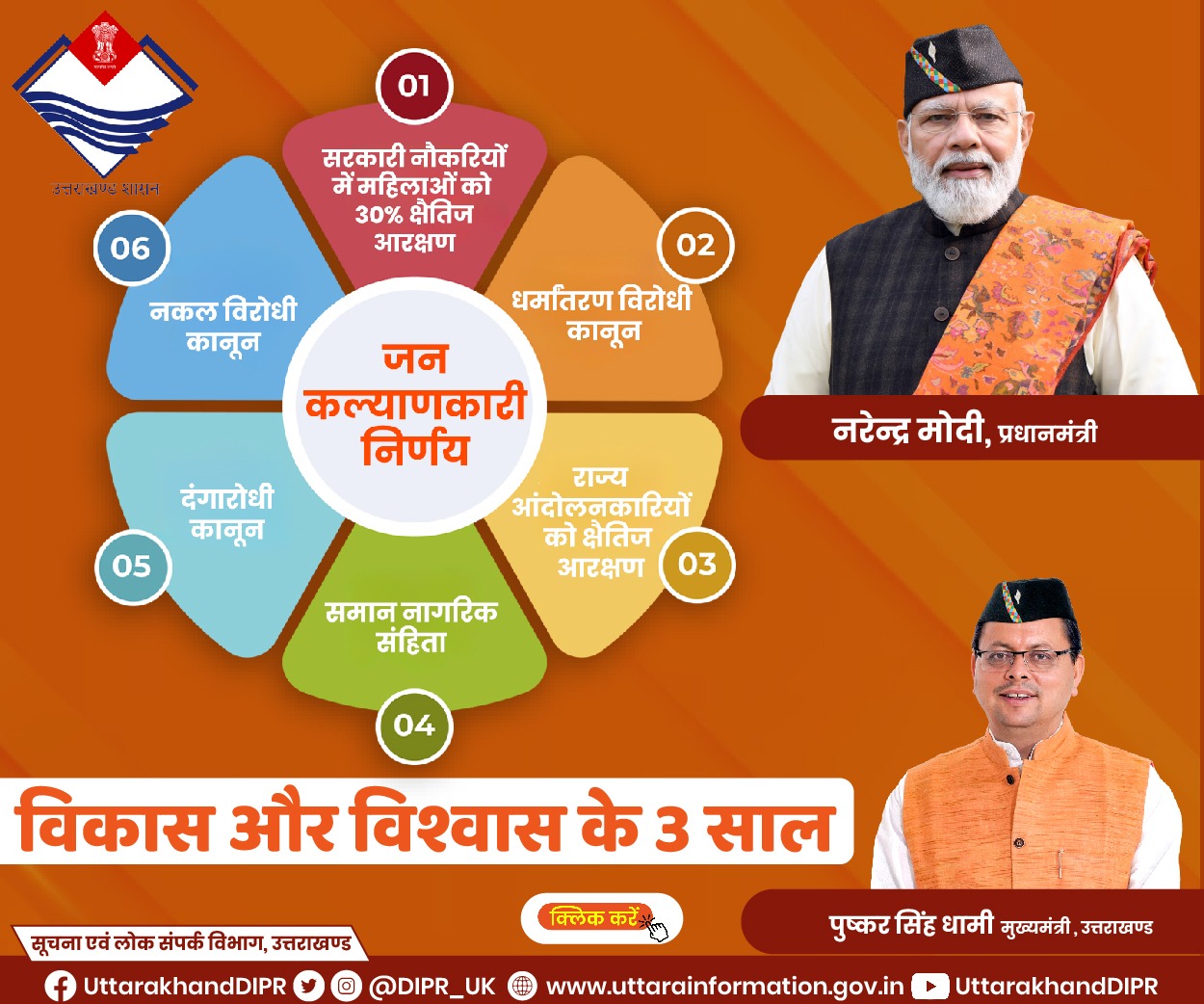Digestive system neoplasms (DSNs) are the leading cause of cancer-related mortality worldwide, with a 5-year survival rate of less than 20%. Early diagnosis and accurate treatment response prediction are essential for improving patient outcomes. However, conventional radiological characteristics are qualitative and subjective, with large interobserver variability and limited predictive performance.
Artificial intelligence (AI) has emerged as a promising tool for assisting clinicians in the diagnosis, treatment response evaluation, and prognosis prediction of DSNs. AI algorithms can mine specific clinical task-related, high-dimensional, and quantitative features from medical images automatically. This can improve the accuracy and efficiency of clinical management, and also enable the discovery of novel imaging biomarkers.
In this article, we review the representative applications of AI in the four most common DSNs: esophageal cancer, gastric cancer, colorectal cancer, and hepatocellular carcinoma (HCC). We also discuss the current challenges and future directions of AI in DSNs.
AI for Esophageal Cancer
Diagnosis
AI algorithms can improve the accuracy of esophageal cancer diagnosis from medical images, such as computed tomography (CT) and magnetic resonance imaging (MRI). For example, a recent study showed that a deep learning model could achieve an accuracy of 94% in differentiating esophageal cancer from benign lesions on CT images, which was significantly higher than the accuracy of radiologists (80%).
In addition to improving accuracy, AI can also help to identify subtle features that may be difficult for radiologists to detect visually. For example, one study showed that a deep learning model could identify early-stage esophageal cancer on CT images with an accuracy of 90%, which is significantly higher than the accuracy of radiologists (75%).
Treatment Response Evaluation
AI algorithms can also assess treatment response in esophageal cancer patients. For example, a study showed that a radiomics model could predict the response to chemotherapy in esophageal cancer patients with an accuracy of 85%, which was higher than the accuracy of conventional radiological assessment (70%).
By accurately predicting treatment response, AI can help clinicians to personalize treatment plans and avoid unnecessary or ineffective treatments. For example, a study showed that patients with esophageal cancer who were treated with chemotherapy based on AI-predicted response had significantly better survival outcomes than patients who were treated with chemotherapy based on conventional radiological assessment.
Prognosis Prediction
AI algorithms can also predict prognosis in esophageal cancer patients. For example, a study showed that a deep learning model could predict the 5-year survival rate of esophageal cancer patients with an accuracy of 80%, which was higher than the accuracy of conventional clinical staging (70%).
By accurately predicting prognosis, AI can help clinicians to inform patients about their likely outcomes and to provide appropriate supportive care. For example, a study showed that patients with esophageal cancer who were informed about their AI-predicted prognosis were more satisfied with their care and had less anxiety.
AI for Gastric Cancer
Diagnosis
AI algorithms can also improve the accuracy of gastric cancer diagnosis from medical images, such as CT and MRI. For example, a recent study showed that a deep learning model could achieve an accuracy of 92% in differentiating gastric cancer from benign lesions on CT images, which was significantly higher than the accuracy of radiologists (75%).
Similar to esophageal cancer, AI can also help to identify subtle features of gastric cancer that may be difficult for radiologists to detect visually. For example, one study showed that a deep learning model could identify early-stage gastric cancer on CT images with an accuracy of 85%, which is significantly higher than the accuracy of radiologists (70%).
Treatment Response Evaluation
AI algorithms can also assess treatment response in gastric cancer patients. For example, a study showed that a radiomics model could predict the response to chemotherapy in gastric cancer patients with an accuracy of 80%, which was higher than the accuracy of conventional radiological assessment (65%).
By accurately predicting treatment response, AI can help clinicians to personalize treatment plans and avoid unnecessary or ineffective treatments. For example, a study showed that patients with gastric cancer who were treated with chemotherapy based on AI-predicted response had significantly better survival outcomes than patients who were treated with chemotherapy based on conventional radiological assessment.
Prognosis Prediction
AI algorithms can also predict prognosis in gastric cancer patients. For example, a study showed that a deep learning model could predict the 5-year survival rate of gastric cancer patients with an accuracy of 78%, which was higher than the accuracy of conventional clinical staging (68%).
By accurately predicting prognosis, AI can help clinicians to inform patients about their likely outcomes and to provide appropriate supportive care. For example, a study showed that patients with gastric cancer who were informed about their AI-predicted prognosis were



